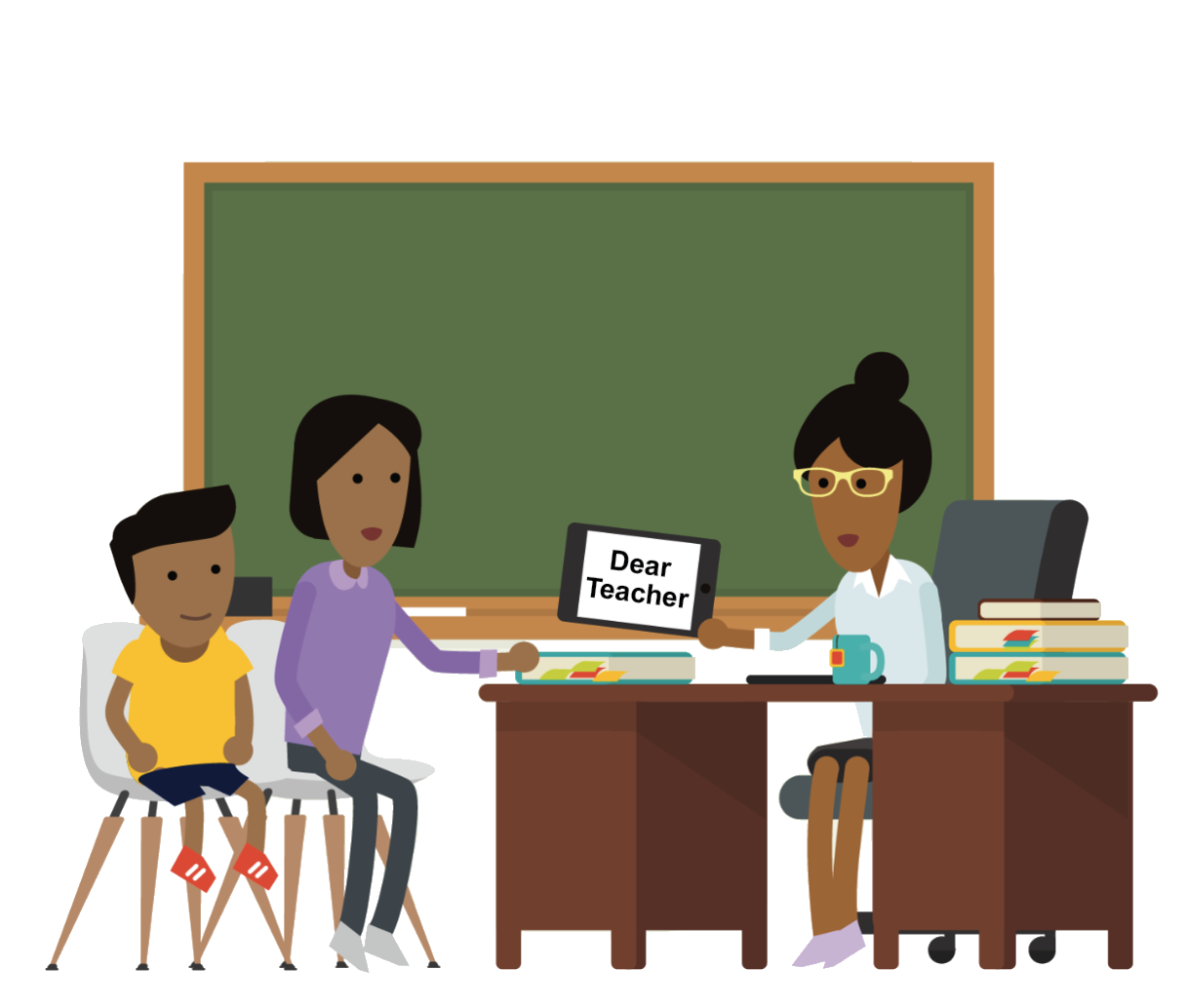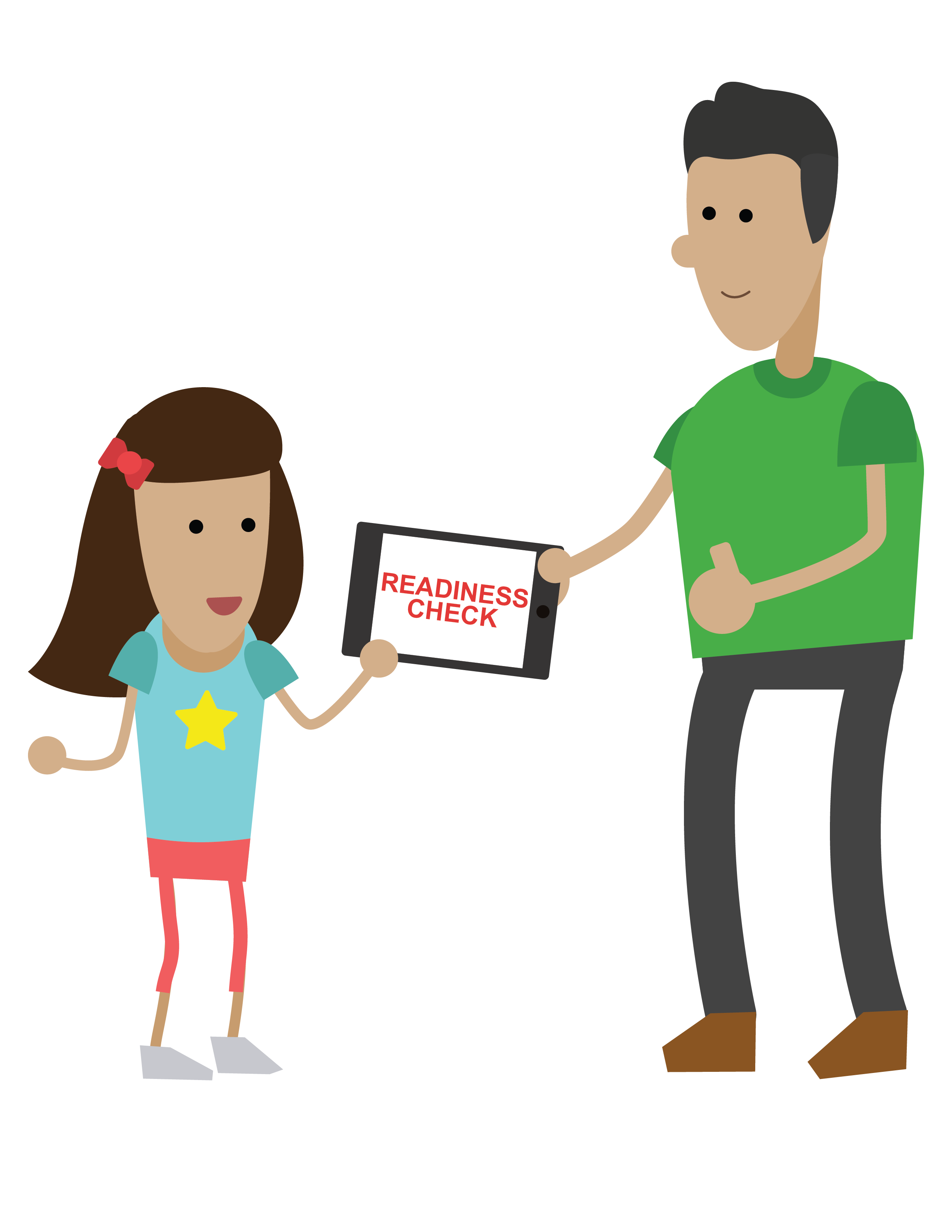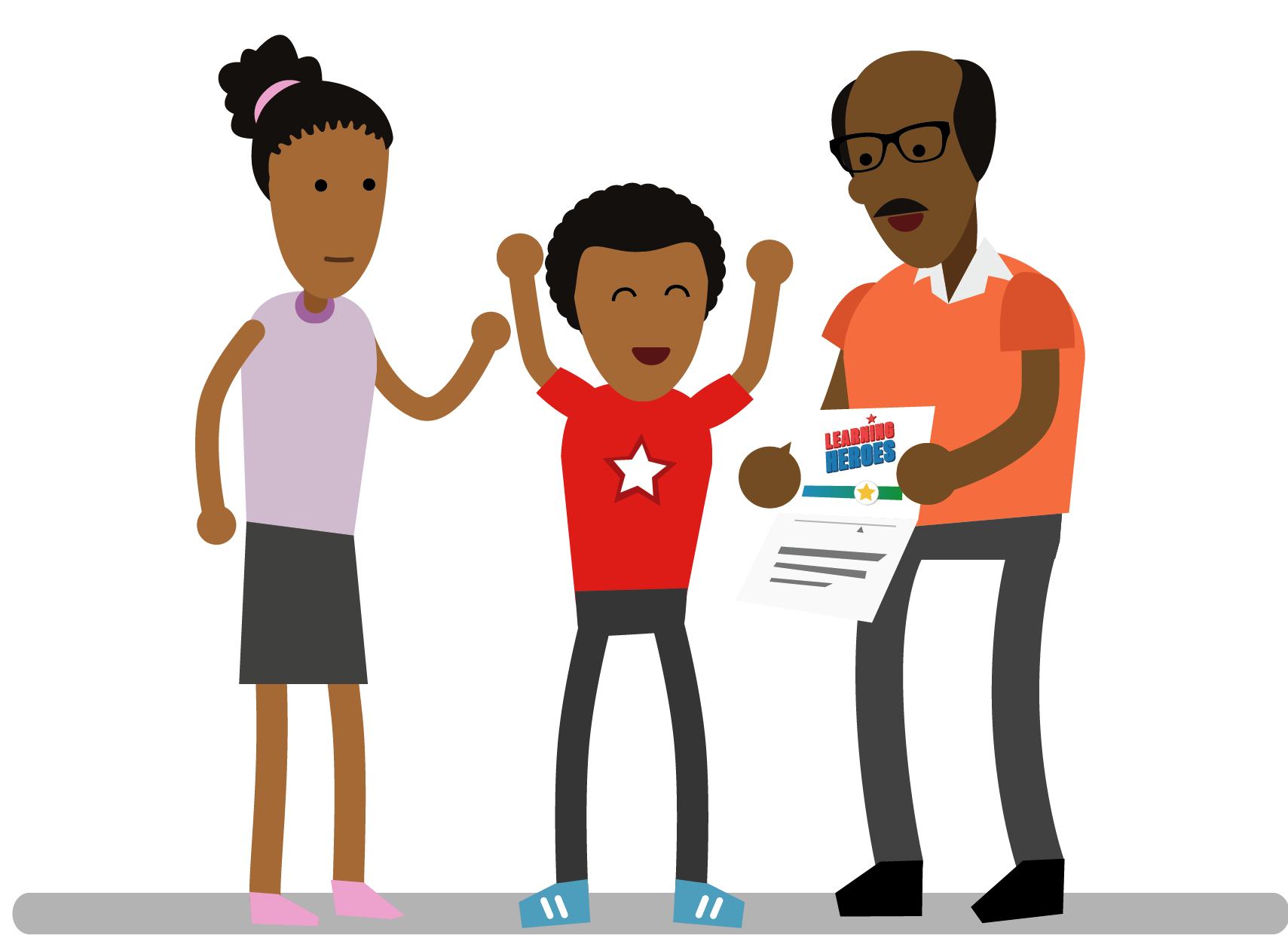Effective School-Home Partnerships
Real-world Parent-Teacher Video Scenarios + Competency-based Professional Learning
There is a greater need than ever for parents and teachers to team up around student learning and well being. Neither one can do it alone.
Learning Heroes and Technology Access Foundation (TAF) created a Professional Learning series that equips educators to prioritize building trust with families and sharing data more effectively as part of co-creating learning plans that accelerate learning especially due to the missed instruction during the pandemic.
Filling an Urgent Need
- Model Authentic Parent-Teacher Relationship Building: Eight videos (in English & Spanish) with effective and ineffective examples.
- Address Bias: Strategies for two-way communication based on trust and through an asset-based and equity lens that tackles bias and racism.
- Peer-to-Peer Practice and Reflection: Support “learning” as well as “unlearning” where needed. This work often requires a mindset shift to see parents as allies.
Click here to see a short snapshot of Unlearn and Learn videos:
Highly Customized to meet your state/district’s data sharing priorities
Four self-paced, asynchronous modules: (1) Building Trust with Families; (2) Sharing Data with Families; (3) Multiple Measures and Goal Setting; (4) Navigating Difficult Conversations.
Each module includes a set of Unlearn and Learn Videos, a Facilitator’s Guide, Facilitator Video Notes, and a Participant Learning Guide. They are customized to align and support state/district assessment data, and designed to be used by individual educators or as part of Professional Learning Communities.
This professional learning is informed by research:

91% of educators report that family engagement improves how students perform academically.

Parents, teachers and principals agree that providing families with a clear picture of their child’s achievement is a top priority.

“Trust” and “teamwork” describe the connection parents and teachers want between home and school.

Teachers say that they need more support around communicating with families, with more than half saying it’s not easy to communicate about difficult academic or behavioral issues.
To learn more about this customized offering, contact us here.
